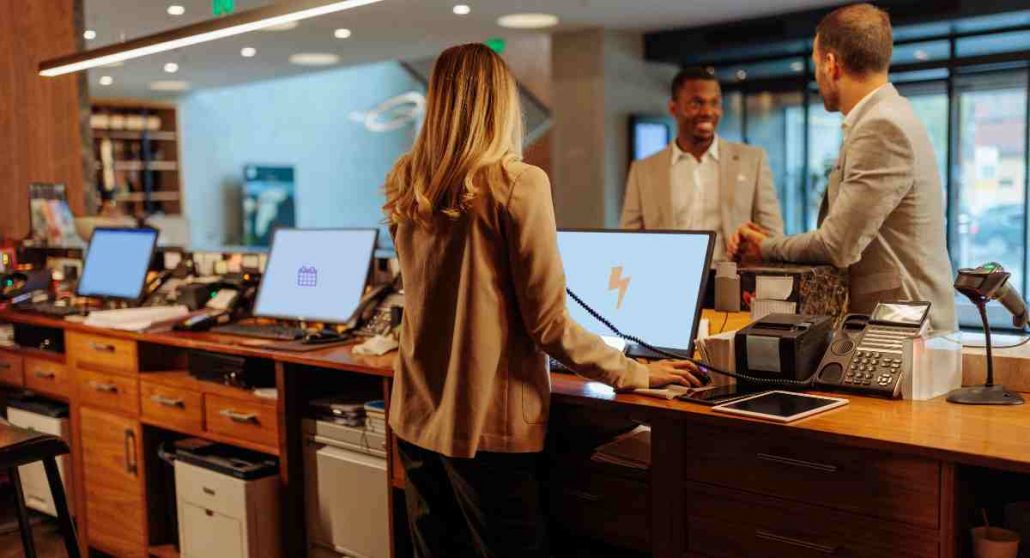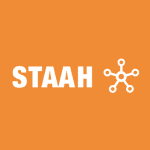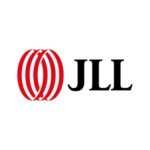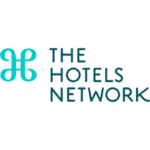After a tumultuous couple of years, the industry is regaining its balance. To cope with a highly dynamic market, improve efficiency and meet the evolving needs of guests, there have been some shifts in revenue management and distribution.
Let’s share some of these shifts and tips on how to adjust your strategy to maximise revenue.
1. Increased adoption of technology

One of the most significant shift in hotel practices has been the accelerated access and adoption of technology. From revenue management systems to channel management, booking engines and other technology stacks to automate operations, hoteliers are signing up to more technology than ever before. This is partly driven by a reduced workforce (particularly skilled staff) post-pandemic that has driven hoteliers to turn to technology for jobs that were previously done by humans.
Technology also permits smarter and personalised acquisition of guests (thanks to data tools driven by artificial intelligence). Guest experience in the hotel can also be personalised with the right technology partners.
2. Data-driven decision making

Data marts, data warehouses, data transformation, big data … data is the new way forward, not just for hotels, but every business that wants sustainable success. Data is being used to drive insights on booking patterns, seasonal adjustments, personalising guest experiences and driving dynamic pricing strategies. The result is increased profitability.
3. Flexible pricing

Dynamic pricing is well and truly here, and will only become stronger in 2024 as more data points are linked to create a rich data source to inform business strategy.
A flexible pricing strategy adjusts in real-time to a shift in demand. This allows properties to be more responsive to temporary demand shifts such as the announcement of a local event or a weather event that could reduce the number of people travelling to your location. Flexible pricing also allows you to attract a diverse range of guests. For instance, the planners can be attracted by early bird specials while spontaneous guests can be attracted by last-minute deals.
4. One size does not fit all guests

Modern travellers desire unique, memorable experiences tailored to their tastes and desires, prompting hotels to revamp their approach to hospitality. Returning customers expect you to remember their tastes and preferences, making it important to have data on these guests. Smart devices such as Alexa are making their way into hotel rooms and shared spaces so guests can enjoy a more personal experience.
5. Holistic revenue management
Beyond your rooms, property owners now recognise that all facilities and services in a hotel offer revenue potential. Food and beverage, spa services, parking, and event spaces all come together to inform Total Revenue Per Available Room (TRevPAR). Rates and packages can be determined on the basis of the total potential revenue a guest can bring in as opposed to just the room rate.
6. Time to get rigid with cancellations
Make packages a common offering as high cancellation rates start affecting forecasting and revenue. In fact, according to Expedia, guests who book packages stay longer and less likely to cancel due to a non-refundable term.
Not related to revenue management, but sustainability and investment in staff are also important trends. The pool of environmentally conscious travellers is on the rise. Adopting sustainable practices is important to attract this customer segment.
Since being made redundant during Covid, the staff comeback to hospitality (or many of the travel industries) has been bumpy. Finding skilled staff is hard and comes at a high cost. It is important for hoteliers to invest in their current employees, not only to prevent them from leaving, but also turning them into ambassadors to attract the right people to your hotel. Remember, great staff and service are the foundation of a successful revenue management strategy.
































